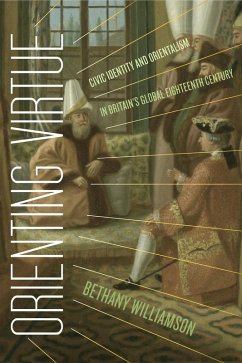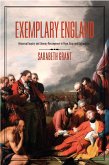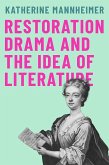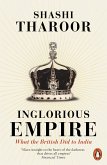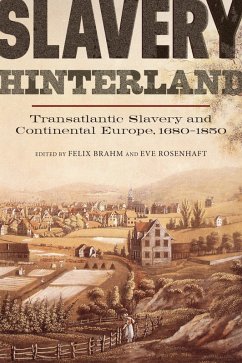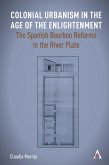What does it mean for a nation and its citizens to be virtuous? The term "virtue" is ubiquitous in eighteenth-century British literature, but its definition is more often assumed than explained. Bringing together two significant threads of eighteenth-century scholarship-one on republican civic identity and the mythic legacy of the freeborn Briton and the other on how England's global encounters were shaped by orientalist fantasies- Orienting Virtue examines how England's sense of collective virtue was inflected and informed by Eastern empires.
Bethany Williamson shows how England's struggle to define and practice national virtue hinged on the difficulty of articulating an absolute concept of moral value amid dynamic global trade networks. As writers framed England's story of exceptional liberties outside the "rise and fall" narrative they ascribed to other empires, virtue claims encoded anxieties about England's tenuous position on the global stage, especially in relation to the Ottoman, Mughal, and Far Eastern empires. Tracking valences of virtue across the century's political crises and diverse literary genres, Williamson demonstrates how writers consistently deployed virtue claims to imagine a "middle way" between conserving ancient ideals and adapting to complex global realities. Orienting Virtue concludes by emphasizing the ongoing urgency, in our own moment, of balancing competing responsibilities and interests as citizens both of nations and of the world.
Dieser Download kann aus rechtlichen Gründen nur mit Rechnungsadresse in A, D ausgeliefert werden.

